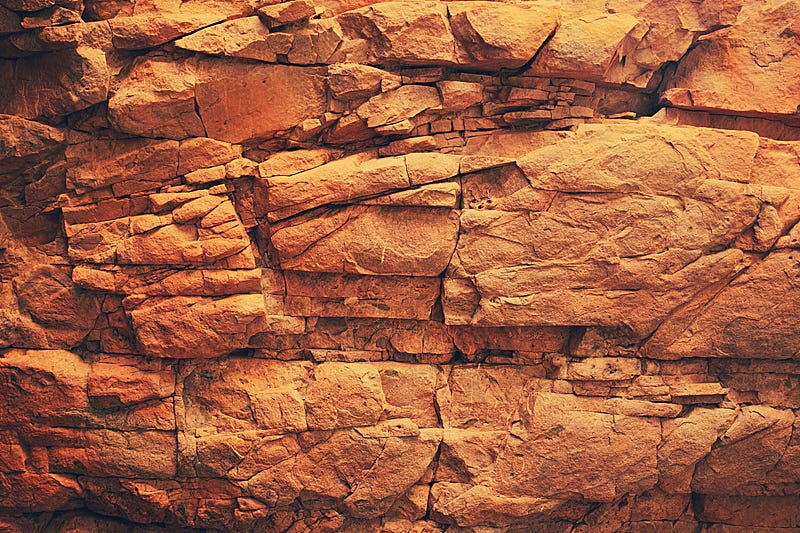Exploring the Anthropocene: Are We in a New Geological Epoch?
Written on
Chapter 1: Understanding Geological Time Periods
For several decades, researchers have pondered whether human activities have altered the Earth to such an extent that we are now in a new geological epoch. Recently, a group of scientists asserted that we have indeed transitioned into what they term the Anthropocene epoch.

What Are Geological Time Periods?
Geological time is categorized into eons, eras, periods, and epochs, each further divided into smaller intervals like ages and stages. To clarify:
- Eons represent the broadest division, spanning millions or billions of years, during which significant geological and biological transformations occur.
- Eras are the next largest, marked by substantial changes in the Earth's surface, climate, and life forms, typically lasting millions of years.
- Periods are subdivisions of eras, defined by notable changes occurring over a few million years, including species evolution and extinction.
- Epochs are shorter divisions, characterized by changes every few hundred thousand years, such as the emergence of new species and shifts in ecosystems.
- Ages are the smallest units of geological time, often recognized through fossil record alterations.
Current Geological Epoch: The Holocene
Prior to recent studies, we identified our current epoch as the Holocene, which began approximately 11,000 years ago at the end of the last Ice Age. This period has been marked by a more stable climate conducive to human development.
The Case for the Anthropocene Epoch
Since the mid-20th century, human innovation and energy consumption have surged dramatically. In just the last 60 years, we've utilized more energy than during the entirety of the Holocene. Furthermore, our rapid deforestation and environmental alterations have led many experts to argue that we've significantly impacted our planet, warranting the label of Anthropocene, derived from the Greek words for "human" and "new."
However, not all scientists are in agreement. Some contend that this phase does not differ significantly from the Holocene, and the International Union of Geological Sciences (IUGS) has yet to officially recognize the change, still categorizing our current epoch as Holocene.
Research at Crawford Lake, Canada
Crawford Lake in Ontario has been proposed as an ecological reference point, monitored for environmental health and epochal transitions. While not yet official, the site is ideal for research due to its undisturbed sediment layers.
Professor Francine McCarthy from the Anthropocene Working Group (AWG) noted, “The bottom of the lake is completely isolated from the rest of the planet, except for what gently sinks to the bottom and accumulates in sediment.”
Researchers have discovered heavy metals like lead and microplastics within the sediment, along with plutonium, a byproduct of nuclear weapons since 1945. Samples from the lake are being analyzed in Southampton, UK, to pinpoint the onset of this new epoch and better understand how human activity has altered Earth's composition.
Thank you for reading! If you found this article insightful, please clap, and if you enjoyed it, consider following for more content.
Chapter 2: The Anthropocene in Focus
The first video, "Are We in a New 'Epoch' of Earth's History? Welcome to the Anthropocene," explores the implications of living in a new geological epoch.
The second video, "Scientists Make Announcement on Current Anthropocene Earth Era," discusses recent scientific findings regarding our current epoch.